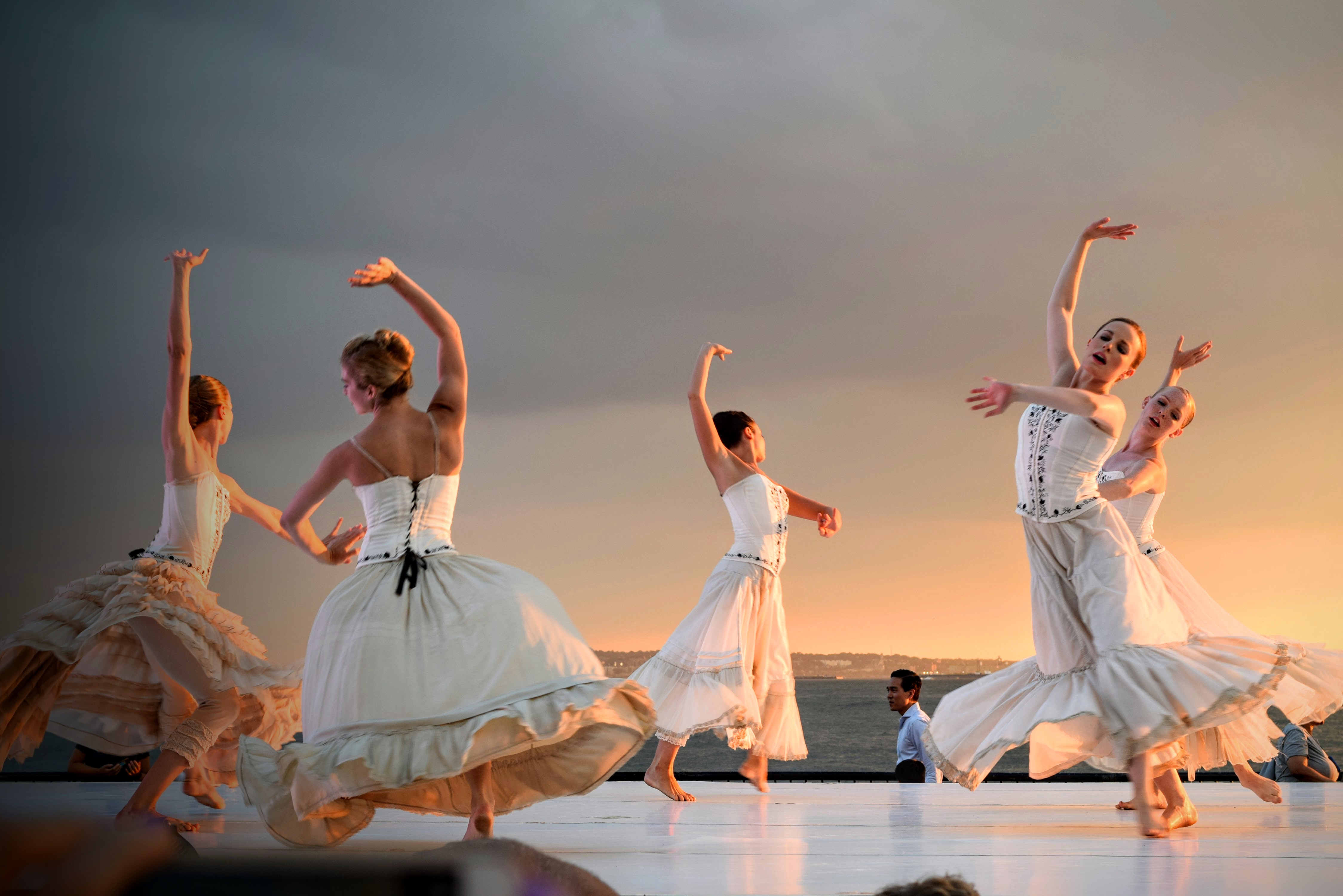
Zhu Xi included the Analects ( Lunyu ) of Confucius and the Mencius ( Mengzi ), along with the Great Learning ( Daxue ) and Centrality and Commonality ( Zhongyong ), the latter two texts dating probably to early Han, among the Four Books. In the Tang dynasty (618 –907), the Confucian thinker Han Yu (768 –824) regarded Mencius as the true transmitter of Confucius's teachings, and this view was endorsed by Zhu Xi (1130 –1200) of the Song dynasty (960 –1279). Both Mencius and Xunzi, the two other major Confucian thinkers from that period, also regarded themselves as defending Confucius's teachings, and their different developments of Confucius's teachings competed for influence in the Han dynasty. Still, in referring to this movment of thought as rujia or "the school of ru," the Chinese did regard Confucius as the first and most important thinker of the movement. Unlike what the term Confucianism might suggest, these norms and values did not originate with Confucius but date back to a much earlier time. They believed that the remedy lay with the maintenance and restoration of certain traditional norms and values, including but going beyond rituals, and proposed that, ideally, people should follow a way of life that embodies such norms and values.

Instead, they directed their attention to finding a remedy for the chaotic social and political situation of the times and to establishing the ideal way of life for human beings.
#PURE HEARTS AND MIND OF IN CHINESE PROFESSIONAL#
Certain individuals who were members of this group in virtue of being professional ritualists and teachers (including Confucius, Mencius, and Xunzi) came to develop concerns that were no longer restricted to rituals or to their own economic sustenance.

In addition, these ritualists were often professional teachers, not just of rituals but also of other disciplines such as music. The group consisted of professional ritualists who performed rituals in such ceremonial contexts as funeral rites, sacrifices to ancestors, and marriage ceremonies. Instead, ru referred to a social group that already existed before the time of Confucius. Unlike what the term Confucianim suggests, the expression rujia, or "the school of ru," does not bear any special relation to the name of the individual known as Confucius. The English term Confucianism is now often used as a translation of rujia to refer to this school of thought. This movement of thought was referred to retrospectively in the Han dynasty (206 BCE to 220 CE) as rujia, or the school of ru. Among them, several thinkers, including Confucius (sixth century BCE), Mencius (fourth century BCE) and Xunzi (third century BCE), as well as their followers, were regarded as belonging to the same movement of thought. A number of ethical and political thinkers lived in the period from the sixth to third century BCE, proposing different ways of restoring order as well as ideal ways of life for human beings.


As their powers grew, feudal lords fought one another and resisted the Zhou king until the state of Qin conquered all other states in 221 BCE. CHINESE PHILOSOPHY: CONFUCIANISM Confucianism as an Ethical TraditionĪfter the Zhou people conquered the Shang people in the middle of the eleventh century BCE, the early Zhou kings ruled by letting feudal lords govern vassal states.


 0 kommentar(er)
0 kommentar(er)
